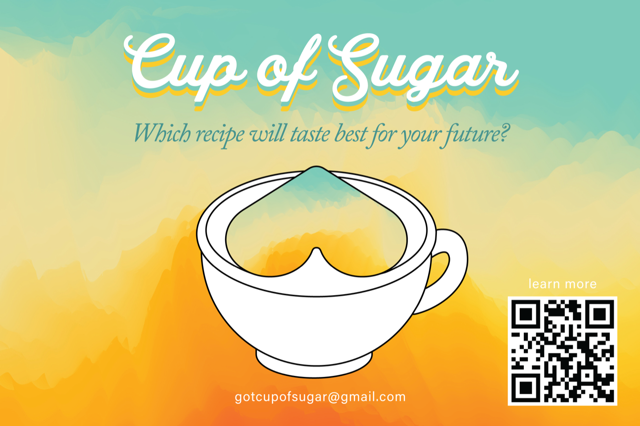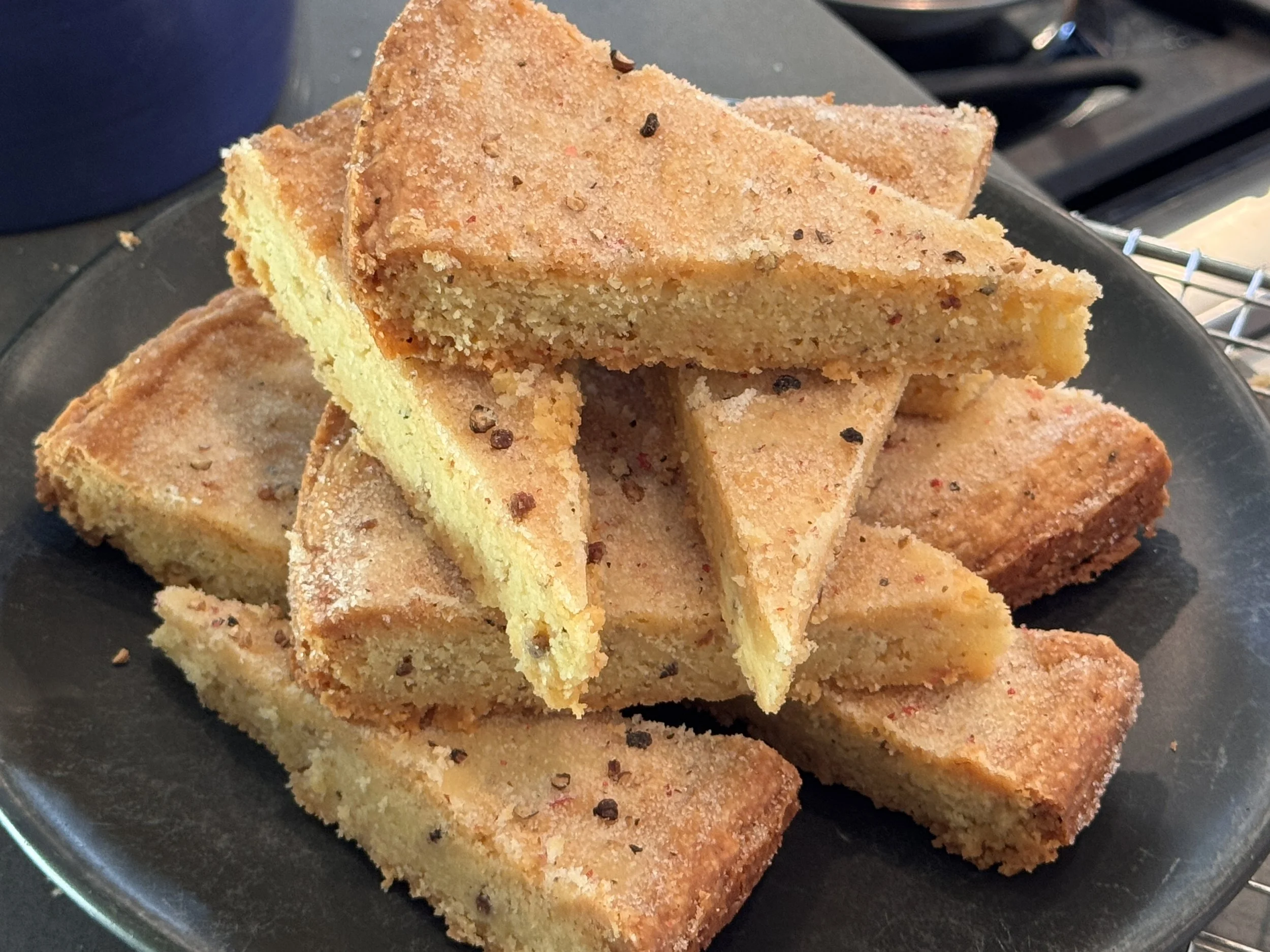NOTICING the Power of Choice
Taking possession of one’s inalienable freedom
I know something about a bad situation. The kind that is family-bound and human-made. It’s the kind of situation I cannot change. When I think of it fury rises and fear follows. You likely know one too. But I also know what the bedrock fact is, if change is to happen it’s only my response to it that I can change.
Today I notice how alike my personal situation is with the impersonal. Another irrepressible damage-maker will be making deliberate and cruel decisions that will affect all of us. Still, in both situations only one heartbeat races. Mine. And possibly, yours.
To pivot from powerlessness to choosing how to respond is freedom. That inalienable freedom we are born with that cannot be taken away, transferred, or denied.
So I want to say something about a choice I made last summer. It opened a door to a glimpse of another choice that might help us as we watch with increasing anxiety choices the president-elect is making. Of course despair and fear follows what is announced. And yet once again, the choice is mine about how I respond. You know this too.
Before the horrors of Project 2025 were widely known, Heather Cox Richardson historian and writer of the daily Substack Letters from an American, observed, ideas are what make change. “Talk to your neighbors!” she said. I had moved to a new city and I recognize the time it took for trust to gradually build up between myself and my new neighbors. But could I begin a conversation with a neighbor from whom I’ve only borrowed a cup of sugar? Or with a person in my neighborhood that I only see while our dogs wag their tails at each other? Could I start a conversation about hot issues with the fellow at the hardware store who takes time to teach me how to use a tool? I needed something tangible to hold on to to start talking to folks.
I designed a good-looking card to introduce Project 2025 in person. Not to be mailed. Not to be emailed. Not to be seen onscreen. In person. The thing is you can’t borrow a cup of sugar from your neighbor any other way than to knock on the door.
Side A showed a picture of a cup of sugar. Side B presented the contrast between one issue of the two competing campaign platforms. Set in the context of a recipe—a teaspoon is a teaspoon. Ditto grams of flour weighed on a scale. I imagined it would be easy to agree that recipe measurements matter. The graphic design made visible the connection between measured ingredients and the Constitution and the rule of law; the framework of our lives. Would or could the card bring into focus facts that matter? Don’t facts mean as much in a vote, as in a cake?
The concept of cup of sugar arrived from that utterly free and non-authoritarian place from which flashes of insight arrive. Insight that was accessed by claiming my choice about how to respond to the obvious fact that I am only one citizen of 350 million, and have no control whatsoever about how people will vote.
As the unpredictable combination of sugar and politics registered, I saw delight followed by surprise. A door to a conversation was opened! The cards were made available free of charge on a website called Cup of Sugar. Only a total of seven hundred Cup of Sugar cards began one-on-one chats in Tennessee, Florida, Colorado, Ohio, Michigan and Washington state, but at least it shook off the dreary miserable cloak of powerlessness. Of course it was a microscopic drop in the bucket. But for me during the time I was taking action I was free of fear, and anger gave way to imagining doing something.
Those elemental human emotions of pleasure and surprise — the responses to the Cup of Sugar cards — suggest how to continue going forward in the next four years. What if future political actions were aligned with our need to connect personally, and designed so that people are invited to intuitively understand the connection between our personal lives and public policies and laws that frame society? Come the next elections—the primary in 2026 and the election in 2028— wouldn’t it be something if the tens of millions of people who did not vote this time because they thought their vote would not count, voted?
As I resist, protest, or simply (and miserably) live with the knowledge of what’s happening to others, I do need to come from a place of calm. It’s the only way for inspiration and imagination are able to come forward.
Every baby human is born with an inalienable right to be one’s self. The response to beauty is a wellspring that connects us to exuberance, joy, and actions that come from being oneself.
What say you about imagining new ingredients—new ways to welcome citizens to action—as we go forward into a sweet, beautiful, American life for all?
______________________
Notes:
Heather Cox Richardson In Conversation with Charlotte Clymer
https://www.thefinercookie.com/recipe/peppercorn-shortbread/


